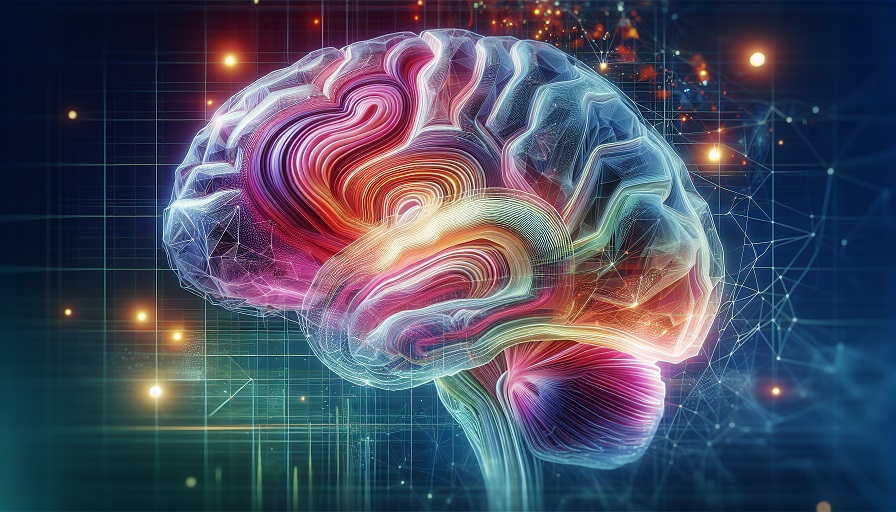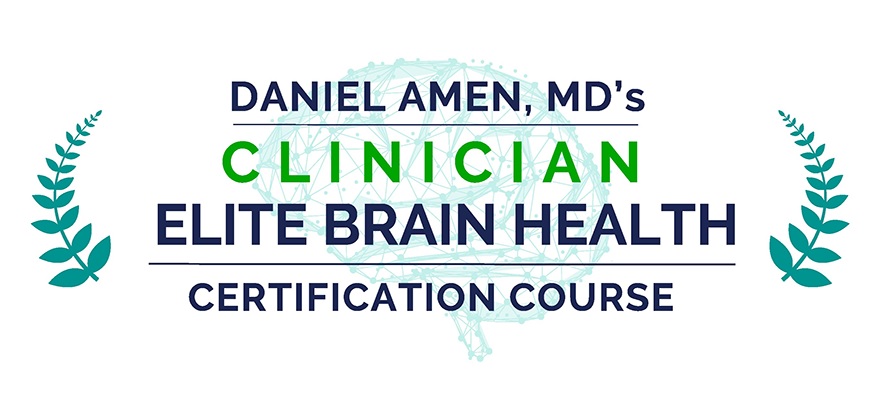
Most of us have days when our brain feels like a browser with forty tabs open, three of them frozen, and music playing from some mystery window. You walk into a room and forget why. You reread the same sentence five times. Names disappear. Small decisions feel impossible. That hazy, overloaded feeling is what many people casually call brain fog.
It is easy to blame yourself for this. Maybe you tell yourself you are lazy, disorganized, or just getting old. In reality, what you are noticing is usually not a character flaw. It is a sign that your brain is asking for different conditions.
The shift from fog to clarity often starts with one simple step: learning how your brain actually works. You do not need advanced science classes for this. A basic understanding of brain health can change how you treat yourself, how you set up your days, and how hopeful you feel about your ability to think and function well.
Contents
What Brain Fog Really Is (And What It Is Not)
Brain fog is not an official medical diagnosis, but it is a real experience. People use the phrase to describe feeling mentally cloudy, slow, or disconnected. It can show up as forgetfulness, trouble focusing, trouble finding words, or a sense that your thoughts are wading through mud.
Common Causes Of Brain Fog
Many different factors can nudge your brain toward fog. Some of the most common include:
- Chronic stress that keeps your nervous system on high alert.
- Lack of quality sleep, or disrupted sleep patterns.
- Poor nutrition or dehydration that leaves the brain under fueled.
- Physical inactivity that reduces blood flow and oxygen delivery.
- Certain medications or medical conditions.
- Unresolved emotional strain, grief, or trauma.
Sometimes there is a clear medical cause that needs professional attention. Often, however, brain fog is the brain’s way of saying, “I am overloaded and under supported.” Learning about brain health helps you understand which signals to take seriously and which changes might help.
Why Self Blame Makes Fog Worse
When your thinking feels cloudy, it is easy to attack yourself. You might call yourself names or assume you are just not capable of more. Unfortunately, that kind of inner criticism only adds stress, which puts even more strain on the brain.
A brain informed perspective invites a different question: “What might my brain need right now?” That simple shift from blame to curiosity opens the door to practical, compassionate action.
How Learning About The Brain Brings Clarity
You do not have to memorize every brain structure to benefit from brain knowledge. A few key ideas can dramatically change your choices, and those choices can lighten the fog.
Understanding Energy And Fuel For The Brain
Your brain uses a surprising amount of energy, even when you are sitting still. It depends on steady blood flow, oxygen, and nutrients. When you skip meals, live on sugar and caffeine, or barely drink water, your brain has less fuel to work with.
Learning this often leads to small but powerful changes. People begin eating regular meals, adding more colorful foods, and drinking more water, not because of a perfect diet plan, but because they want their brain to have what it needs to think.
Realizing How Sleep Cleans Up The Mental Clutter
During deep sleep, your brain does some of its most critical housekeeping. It helps clear out waste products, consolidate memories, and reset many systems. When sleep is short or fragmented, clutter builds up.
Once you see sleep as brain maintenance rather than wasted time, late night scrolling or constant all-nighters lose some of their appeal. Protecting sleep becomes a way of protecting clear thinking and emotional balance.
Recognizing The Effects Of Chronic Stress
The brain handles short bursts of stress quite well. Long stretches of relentless stress are a different story. Over time, chronic stress can affect areas involved in memory, focus, and emotional regulation.
Brain aware people start taking stress signals more seriously. Instead of assuming constant tension is normal, they look for ways to give their nervous system short, frequent signals of safety: movement, breathing practices, laughter, moments of gratitude, or time with trusted people.
Everyday Brain Habits That Clear The Fog
Once you understand what your brain needs, you can turn that knowledge into simple habits. These do not have to be dramatic. Small, steady steps often make the biggest difference.
Resetting Your Relationship With Screens
Modern life constantly pulls your attention in a dozen directions at once. Notifications, multitasking, and endless scrolling train the brain to hop from one thing to another without ever settling.
One brain friendly habit is to give your attention a few clear “single task” windows each day. That might mean silencing notifications while you work on one project, or setting a time limit for social media. Instead of relying purely on self control, you set up your environment to protect your focus.
Moving To Wake Up Your Brain
Movement is not just about fitness. It is one of the fastest ways to increase blood flow and oxygen to your brain. Even a short walk can sharpen your thinking and lift your mood.
You do not have to become an athlete. Standing up to stretch between tasks, walking while you talk on the phone, or taking a ten minute walk after meals can all help. The goal is consistent movement that tells your brain, “We are alive and active, time to wake up.”
Creating Tiny Islands Of Quiet
Beautiful ideas and clear decisions rarely appear in the middle of constant noise. Your brain needs quiet pockets to process and integrate.
Even a few minutes of intentional quiet, without screens or conversation, can make a difference. You might sit with a cup of tea, breathe slowly, or simply stare out the window and let your mind wander. It might feel unproductive at first, but that space often allows thoughts to line up instead of crashing into each other.
How Brain Knowledge Changes The Way You See Yourself
One of the most powerful effects of learning about the brain is how it changes your inner narrative. Instead of seeing yourself as broken or lazy, you start seeing patterns that make sense when you consider what your brain has lived through.
Connecting Past Experiences To Present Patterns
Trauma, long term stress, or major life changes leave a mark on the brain. Knowing this can help you understand why certain situations trigger strong reactions or why you shut down under pressure.
This is not about using the brain as an excuse. It is about finally having a map. With that map, you can work with therapists, coaches, or trusted helpers in more focused ways. You can also practice more patience when old patterns pop up, because you know your brain is trying to protect you, even if the strategy is outdated.
Letting Go Of The Myth Of “All Or Nothing” Change
Brains change gradually, through repetition and consistency. When you know that, you stop expecting overnight transformations and stop giving up after one difficult day.
Instead of thinking, “I failed, so it is pointless,” you can think, “I am building a new pathway in my brain. Every time I practice, I am strengthening it.” That mindset makes it much more likely that you will keep going long enough to feel real improvements.
When Personal Interest Becomes A Calling
For many people, learning about the brain starts as a personal project. They want less fog and more clarity for themselves. Along the way, something interesting happens. Friends begin asking for advice. Family members want to know what they have learned. Coworkers comment on their more grounded approach.
At that point, some people realize that brain health is not just an interest, it might be part of their calling. They want to help others think more clearly, feel more stable, or protect their brains as they age.
If you already work in a helping role, such as healthcare, mental health, education, or coaching, you might decide to pursue more structured brain health education. That could mean advanced courses, mentorship, or a formal brain health clinician certification if you hold a professional license. For others, it may look like sharing what they have learned informally in their communities.
From Fog To A Brighter Brain Future
Brain fog can feel scary, especially when it lingers. It can make you doubt your intelligence, your resilience, and your future. Learning about the brain does not magically fix everything. It does, however, give you something priceless: a sense of direction.
When you know how the brain works and what supports it, you gain practical levers to pull. You can adjust your habits, your environment, and your expectations. You can seek professional help when needed with more specific questions. You move from feeling stuck inside the fog to walking toward clarity, one small brain friendly step at a time.
Your brain is not out to get you. It is trying to keep you alive and functioning with the resources it has. By learning how to care for it, you give yourself the chance to think, feel, and live with more lightness and clarity than you might have thought possible.

